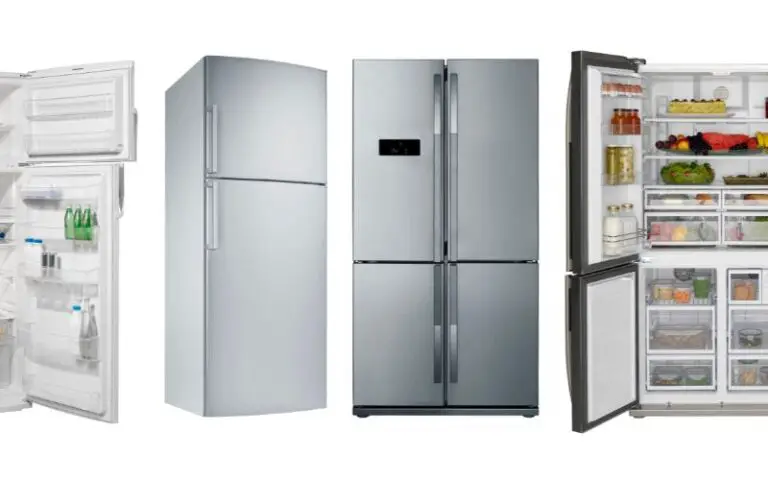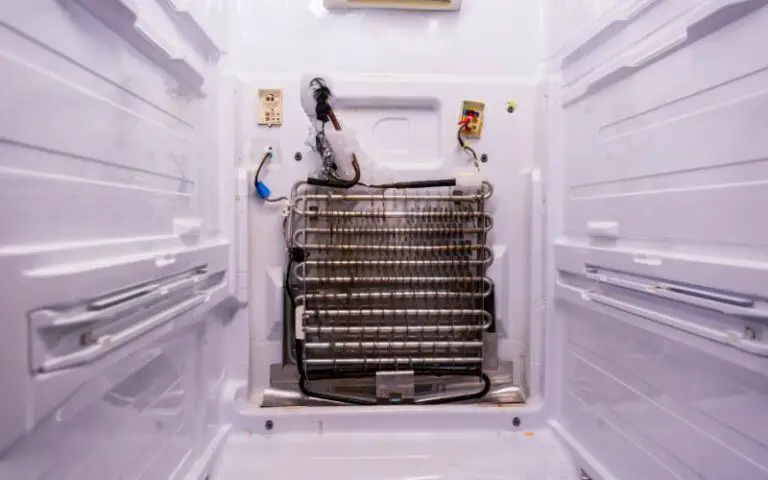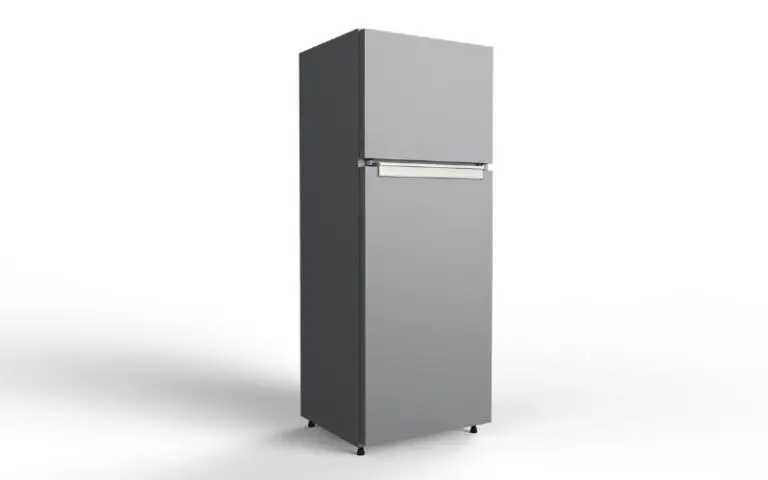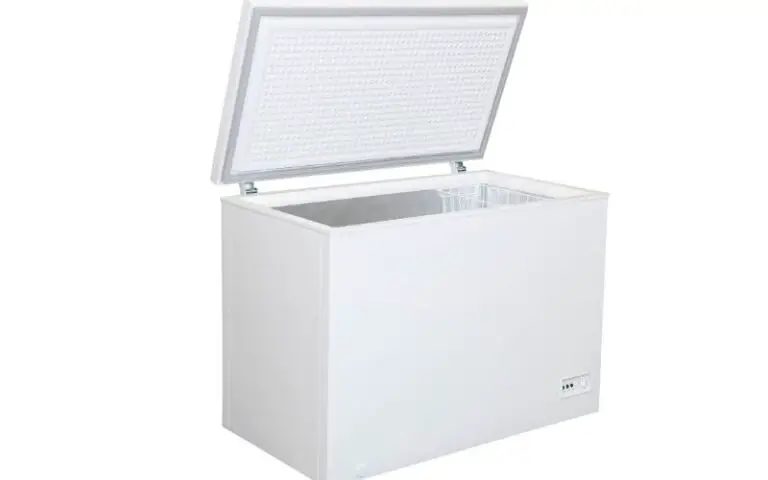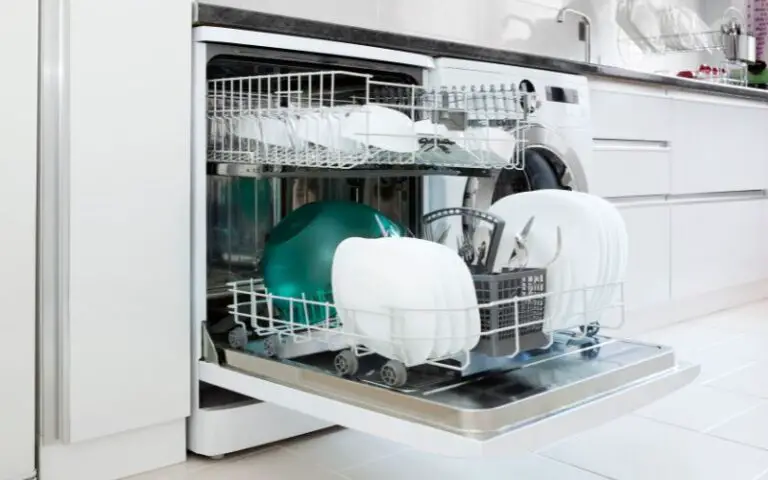Samsung Refrigerator Water Filter Replacement Issues!
Samsung products are considered the best in all departments. Hence, there are a lot of Samsung refrigerators in homes and offices.
Having one of these refrigerators means changing your water filter every time. Some issues come with water filter replacement.
Hence, continue reading this article if you want to replace your water filter easily.
Water filters tend to get stuck when you’re replacing them. Once you have a model that uses a water filter, you will have to replace it after a while. While replacing your water filter, be careful not to apply too much force and damage the filter cap, as this will be harder to fix.
Some Common Samsung Refrigerator Filter Replacement Issues and Fixes
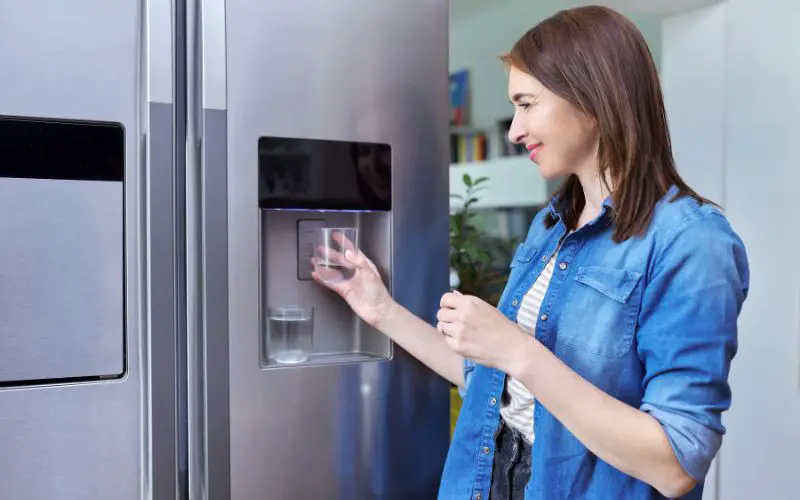
You got yourself a new water filter for your Samsung refrigerator, but it doesn’t fit? The most common issue, in this case, is buying a water filter that isn’t a Samsung model design.
Using a filter from another brand might not fit, even if they indicate compatibility. You may end up damaging the water filter housing.
Or you can end up breaking off pieces of the filter and leaving them inside the cap if the old water filter slides out easily.
But the new one won’t go in; the old one probably didn’t loosen the holding mechanism the whole way. In such a situation, the filter only allows enough room to get itself out.
To fix this, hold the old water filter in position. And ensure you turn the filter the entire way to properly open the housing before letting it come out.
You are technically using the old water filter as a screwdriver to open up the locking mechanism.
Below are a few steps you can use the following to open up the locking mechanism.
- Step One: Install the old filter back temporarily.
- Step Two: Apply a bit of force and push the water filter towards the housing. Turn the filter as far as it will go, even to the point you can remove the filter.
- Step Three: Release only when the filter won’t go any further.
- Step Four: Remove the old filter and install the new one.
The filter model that comes in Samsung changed its filters from a 2-rib lock to a 3-rib lock. The update allows a tighter fit and a better seal for the filter.
However, this update in design may get some customers wondering if it will still fit older 2-rib lock models.
Yes, they will. The update to the design of the Samsung water filter takes into account the older 2-rib lock models.
Hence, you can fit the filter into your water filter compartment without an issue.
How Do You Reset Your Samsung Refrigerator after Changing the Water Filter?
After replacing your water filter, you should remember to reset the water filter timer. The filter is set to turn red after six months, and not resetting it could lead to inaccuracy in timing.
Depending on the water quality in your area and the amount of water you dispense, you may change the water filter more or less during this period.
To determine if you should change the water filter, dispense the water with the filter and then without the filter.
If the water speed is less, you should consider replacing the filter even if the indicator isn’t on.
You can follow the following steps to reset the water filter:
- Step One: Locate the Filter Reset button on the control panel if available. Sometimes, it is a secondary function for another button.
- Step Two: Once you locate the reset button, press and hold the button for not less than three seconds until the filter light resets.
- Step Three: The filter icon will turn off or change to its regular color. If you see either of these, you’ve reset the timer for another six months.
How Does Water Filter Replacement Cost For a Samsung Refrigerator?
Samsung water filters filter up to 80% of the water passing through the filters. With that kind of stat, Samsung is leading other private brands.
Replacing your filter means you enjoy cleaner and fresher water. Hence, you need to replace your water filter often. Samsung water filters have varying prices, depending on their quality and model.
Below is a table that illustrates most Samsung water filters and their prices:
| Samsung Water Filter Models | Prices ($) |
|---|---|
| HAF-QIN/EXP | 35.15 |
| DA29-00020B-2P 2 Pack | 83.27 |
| DA29-00003G, 1 Pack | 39.00 |
| DA29-00003G, 2 Pack | 76.00 |
| DA29-00020B HAF-CIN/EXP | 23.49 |
| DA29-00003F | 39.99 |
Can You Run a Samsung Refrigerator Without a Water Filter?
Yes. Water filter housings are designed with rotary valves that allow the water to bypass the filter whenever a filter isn’t installed. Most Samsung water and ice dispensers will work without water filters installed.
Hence, Samsung refrigerators designed to function with water filters are shipped with a cap to cover the opening connected to the filter.
The cap doesn’t need to be in place before water bypasses the filter. However, it would be advisable you find something to cover up the opening if you intend to bypass it.
#1. Other Frequent Problems With Samsung Refrigerators
Samsung is one of the world’s best-selling refrigerator brands. Many of their models are available all over the world.
Samsung is a brand that utilizes high-quality materials when making refrigerators. However, no matter how perfect the design may be, there are bound to be certain issues that plague them.
Some issues are more common than others. Most times, a batch of refrigerators has bugs, and they are common with the entire batch.
Finding out the issues that refrigerators have can help you navigate such problems when they arise. Thus, I will highlight common problems that Samsung refrigerators have and their fixes.
You can choose to fix these issues or contact a professional. Whichever way you choose, you must fix these issues correctly.
This guide will highlight some of the most common problems, and you should be able to fix them in no time, even without professional help.
#2. Refrigerator Isn’t Cooling
If your Samsung refrigerator isn’t cooling, it’s most likely the door gasket. The main function of the door gasket is to create a tight seal between the inner portion of the fridge and the closed door.
The door gasket is a thin material mostly made of rubber infused with a magnetic strip attached to the refrigerator door.
The magnetic strip keeps the doors closed when you shut the refrigerator. That little resistance you feel when you want to open the refrigerator, that’s the door gasket in action.
If the door gasket is faulty, cold air escapes, and hot air comes in, canceling the refrigerator’s cooling effect.
The most common reason for door gasket failure is age. Like all materials, door gaskets become weak after several years and need replacement.
However, if the refrigerator is still new, it is failing, probably because there is dust around the gasket. You can easily solve this by cleaning the dust around the gasket seal.
Something as little as dust can affect your refrigerator’s cooling effect because the door gasket can’t create an airtight seal. If your refrigerator is old, you must replace the door gasket seal.
#3. How To Fix This issue?
Before you attempt fixing a worn-out gasket, make sure you clean it first and check if the issue is resolved. However, if you can’t resolve the issue, you must replace the gasket.
Check the length of the door gasket, you can get door gaskets of various lengths, so the length has to be accurate. Visit a local dealer and buy a gasket.
Fix the new one the same way you took the old one off. After you fix it, leave the refrigerator for at least 24 hours to reach its ideal temperature.
#4. Samsung Refrigerator Leaks Water
The first thing to do when your Samsung refrigerator leaks water is to identify the leak’s source.
Identifying the source is crucial because it determines which component is faulty and needs to be fixed or replaced.
Identifying the source is also important because many components cause a leak when they are faulty. Below are some common areas water leaks from and the associated components:
#1. Under the Refrigerator:
If the water is leaking under the refrigerator, you should check if it is on a leveled surface.
If the surface isn’t leveled, water will leak from one of the shelves. Water leaking under the refrigerator is a very common issue.
#2. Inside the Refrigerator:
The major cause of water leaks inside the refrigerator is the water filter.
If the water filter isn’t installed properly, it will lead to water leaks since all the water is intended to go through the filter.
#3. Behind the Refrigerator:
Leaks from under the refrigerator can be due to the water supply or the inlet of the fridge. Either the water supply line to the refrigerator is faulty, or the hose isn’t connected properly.
The reason for water leaks varies greatly; it depends on where the water is leaking from, as I evaluated above.
#5. How To Fix This Problem?
Before storming off to do anything, you must turn off the refrigerator and unplug it from the power supply. Doing this will prevent you from getting hurt or electrocuted.
It will also keep the water from spreading through the entire house since it leaks only when the refrigerator is powered.
The cause of the leak depends on how severe it is; hence, I would advise careful troubleshooting.
If the problem is a component, I suggest you replace it immediately. For instance, if the problem is the water filter, fixing it means you can get to using your refrigerator again.
However, note that you need to install the component properly, or the leaking will continue. It would be best to check the refrigerator’s water supply line and connections.
If you don’t know what to check, you can always call a professional to help you.
#6. Noisy Samsung Refrigerator
Like other refrigerators, Samsung refrigerators are known to make little noise. But, this doesn’t mean they won’t function properly.
However, like any other equipment, refrigerators tend to get noisier after a while. The main reason for this is the refrigerator fan.
The little noise you hear is due to the fan working, but it can get too noisy. The fan is important in a refrigerator because it spreads cold air throughout the compartments.
Frost can easily create a difficult environment for the evaporator fan to work effectively. Intense frosting can lead to vibrating and knocking sounds.
The fans are designed not to frost; however, if the blades come in contact with foreign objects, it starts to build up frost.
Another main cause of noises from the fan is when it gets disfigured. If the fan gets disfigured, it is easy to hit the sides of its chamber and create a lot of noise.
The fan could get disfigured when you’re offloading or loading the refrigerator.
Objects like milk cartons or bottles close to the fan chamber could shave off bits of ice, and it’ll hit your fan. Heat can also melt the ice buildup around the fan.
Little bits could come down and hit the blades and disfigure them. The blades are relatively small; any contact could set them out of place.
#7. How To Fix the Problem?
Ensure you turn off the refrigerator before you begin any form of troubleshooting. You can also unplug the refrigerator from the power supply to be safer.
Although, you will eventually have to put it on to see if the problem is resolved. But for most troubleshooting, you should turn off the refrigerator.
Inspect the fan chamber for foreign objects to see if there are any objects stuck in the fan chamber. It would also be helpful if you removed ice buildup regularly.
Avoid using heat to try and pry ice out; you may damage some parts of the refrigerator. Since most of these components are made to stand cold temperatures, they don’t do so well with heat.
#8. Samsung Refrigerator Is Having Difficulty Regulating Ice Formation
Naturally, the idea of any Samsung refrigerator is to freeze food items and keep them frozen. It becomes a problem if it doesn’t fulfill that basic duty.
Samsung refrigerators don’t usually build up ice or frost. If this happens, there’s probably a damaged or blocked air vent somewhere.
If a vent is blocked, instead of the moisture going out, it forms ice instead. If the refrigerator isn’t making any ice, the items in the fridge may be too big and block an air vent.
This reason commonly prevents the refrigerator from making any ice. Hence, you need to limit the number of things you put in your freezer.
And be mindful of their sizes so you don’t block an air vent or damage it. You could also at least arrange the products and keep things away from the air vents.
#9. How To Fix the Problem?
Opening the air vents in and outside the fridge should fix the issue, and the fridge can regulate ice better.
Proper air circulation ensures that air is properly exchanged, preventing frost from forming. If only the freezer cools, not the rest of the refrigerator, you should consider clearing the shelves.
Proper ventilation removes moisture from the air, which prevents food products and containers from frosting on the outside.
Since it freezes its contents, freezing on the outside is completely useless. It only causes discomfort when you want to get your food out of the fridge.
If you want to troubleshoot this, turning off the refrigerator and leaving the door open will melt the ice quickly. Then proceed to inspect the vents and ensure there’s no blockage.
You mustn’t use any heat-applying instrument in the refrigerator compartment. You can easily damage a part with the heat since it wasn’t designed to stand hot temperatures.
Conclusion
To enjoy your Samsung refrigerator, you must replace the water frequently. Replacing the water filter will also improve your health as your water will be free from contaminants.
After reading through this article, you should be able to maintain your Samsung refrigerator properly.

